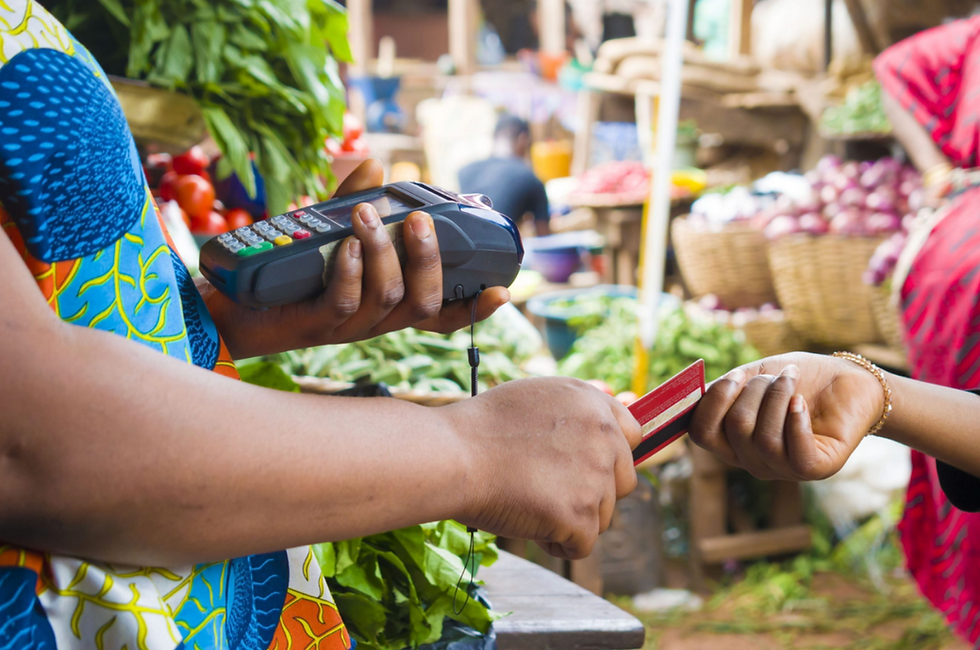Corporate Capture of the Food System in the United States Hinders the Realization of the Right to Food
- Photini Kamvisseli Saurez
- Jul 29, 2025
- 2 min read
Updated: Sep 9, 2025
July 29, 2025

On June 12, 2025, the National Right to Food Community of Practice submitted a report to the United Nations Special Rapporteur on the right to food in response to a call for input on concentrated corporate power in food systems and how this impacts the realization of the right to food. Our submission focused on how the industrial food system and corporate capture of food and agriculture have stifled individual and community autonomy and dignity in the context of food.
Corporate monopolization of food production and sales severely limits the food options available to individuals. Market consolidation has harmed independent food businesses and created a system in which communities depend on corporate entities for food. This puts pressure on small farmers and community food systems, which are much more sustainable especially in the face of unpredictable or volatile emergency situations such as natural disasters or global pandemics. Corporate monopolization of seeds has the same effect, both limiting farmers’ autonomy and creating a national dependence on corporations for food.

The monopolization of the food system leaves corporate entities and leadership with the power to decide what the nation will eat, how that food is grown and harvested, how it is packaged, preserved, stored, and transported, and ultimately what ends up on our plates.
Despite the federal policy incentives that encourage overproduction of food, hunger is still a major issue in the United States. This shows that we do not have an issue of supply; instead, we are facing a systematic failure within our current food system that results in chronic food insecurity in the United States. These problems are exacerbated by the environmental harm caused by corporate food and farming practices, which damage the resilience and biodiversity of the nation’s farmland and natural resources, and harm public health.
The current corporatized food system not only hinders the realization of the right to food for those who depend on it, but also for those people on whom the system depends. Food and farmworkers are often exploited, and face high rates of food insecurity and poverty. They are excluded from reaping the benefits of the food system in the United States despite being an essential component of that system.
A focus on sustainable, community led food systems can undo the harm caused by corporate capture of food in the United States. Encouraging and supporting small farmers and agroecology practices can increase food autonomy for individuals and communities across the country, returning food decisionmaking power back to the people and families. Right to food legislation and education also has the power to help localize food and farm economies and provide protections against unregulated corporate entities who hinder the realization of the right to food.
To read our full report, entitled Corporate Capture of the Food System in the United States Hinders the Realization of the Right to Food, click here.




